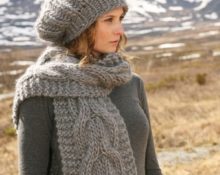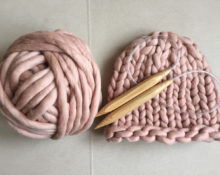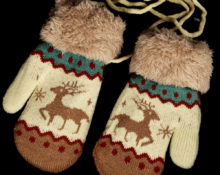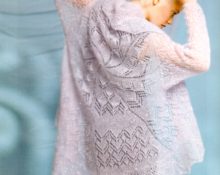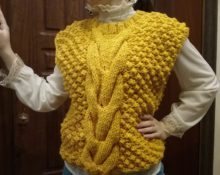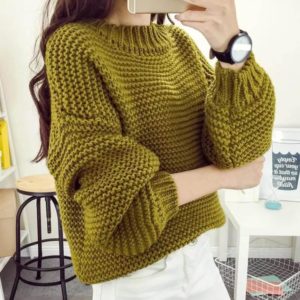 Women's sweaters delight with their varied patterns and motifs. But this is not only their secrets and differences. The sweater is based on threads of different thicknesses, and this will make even one pattern and one color of yarn with different thread thicknesses look completely different. The craftsmen came up with even more interesting models - a combination of threads of different thicknesses. There is even a special non-uniform yarn with threads of different thicknesses. She is able to do the work of a master. You don’t have to constantly change the threads, since they are already one piece. This article contains the most beautiful models for the master and beginner. Simple diagrams and simply amazing results will allow you to do the work faster and avoid getting confused.
Women's sweaters delight with their varied patterns and motifs. But this is not only their secrets and differences. The sweater is based on threads of different thicknesses, and this will make even one pattern and one color of yarn with different thread thicknesses look completely different. The craftsmen came up with even more interesting models - a combination of threads of different thicknesses. There is even a special non-uniform yarn with threads of different thicknesses. She is able to do the work of a master. You don’t have to constantly change the threads, since they are already one piece. This article contains the most beautiful models for the master and beginner. Simple diagrams and simply amazing results will allow you to do the work faster and avoid getting confused.
Models of women's sweaters made from thick yarn
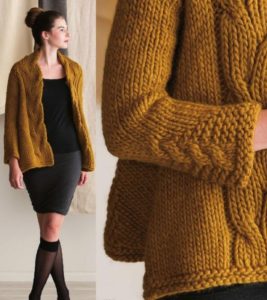 The original models with thick thread are very popular not only with fashionistas. You can create different versions of them, cropped sweaters. Use interesting and fashionable geometric patterns.Even ordinary garter stitch made from this thread looks very unusual and attractive. But the main secret, what is the beauty of such fiber for the master, is its fast production. Anyone who has already dealt with thick threads has already noticed that everything that is done from them is done instantly.
The original models with thick thread are very popular not only with fashionistas. You can create different versions of them, cropped sweaters. Use interesting and fashionable geometric patterns.Even ordinary garter stitch made from this thread looks very unusual and attractive. But the main secret, what is the beauty of such fiber for the master, is its fast production. Anyone who has already dealt with thick threads has already noticed that everything that is done from them is done instantly.
On a note! Models made from thick yarn can also be made in an oversized style.
Sweater models made from fine yarn for women
 Even if working with a thin thread takes a lot of time, you will need the thinnest threads. But how many different lace patterns can be made from such a thin thread. Suitable for making products from fine mohair yarn. But pekhorka with the finest fiber is considered no less relevant for craftsmen.
Even if working with a thin thread takes a lot of time, you will need the thinnest threads. But how many different lace patterns can be made from such a thin thread. Suitable for making products from fine mohair yarn. But pekhorka with the finest fiber is considered no less relevant for craftsmen.
Knitting patterns for women's sweaters
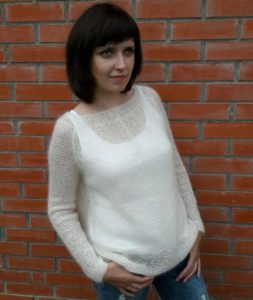 Before starting a product, it is important to choose not only the correct dimensions for it, but also a pattern diagram. It is not always possible to do this quickly. I really want to choose a pattern that is suitable both in color and in the loops itself. Below are some tips on which patterns are best to choose for thin and thick threads.
Before starting a product, it is important to choose not only the correct dimensions for it, but also a pattern diagram. It is not always possible to do this quickly. I really want to choose a pattern that is suitable both in color and in the loops itself. Below are some tips on which patterns are best to choose for thin and thick threads.
The most common patterns for knitting sweaters from thick and thin yarn
In order to knit from thick and thin threads, you need to pay a little attention to small details. But to every rule there is always an exception. For example, for a thick thread, patterns without openwork and yarn overs are suitable, since the thread is very thick and the pattern will not be clearly visible. Therefore, the most common pattern for thick thread is considered to be some kind of fabric. This is knit stitch or purl stitch, garter stitch and some of the usual combination of knit stitches and purl stitches.
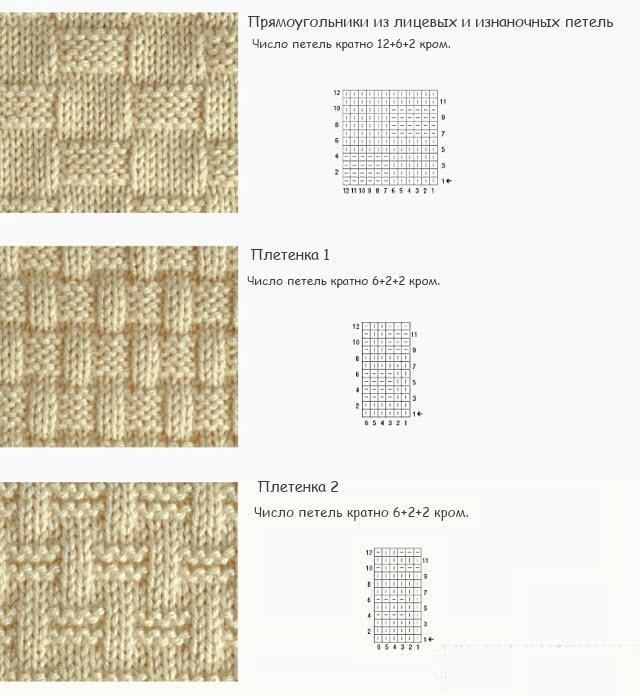
A thin thread can cope with the most complex patterns and all doors are open to it. Therefore, any openwork.Any motif, jacquards and other delights can be used when doing work with a thin thread.
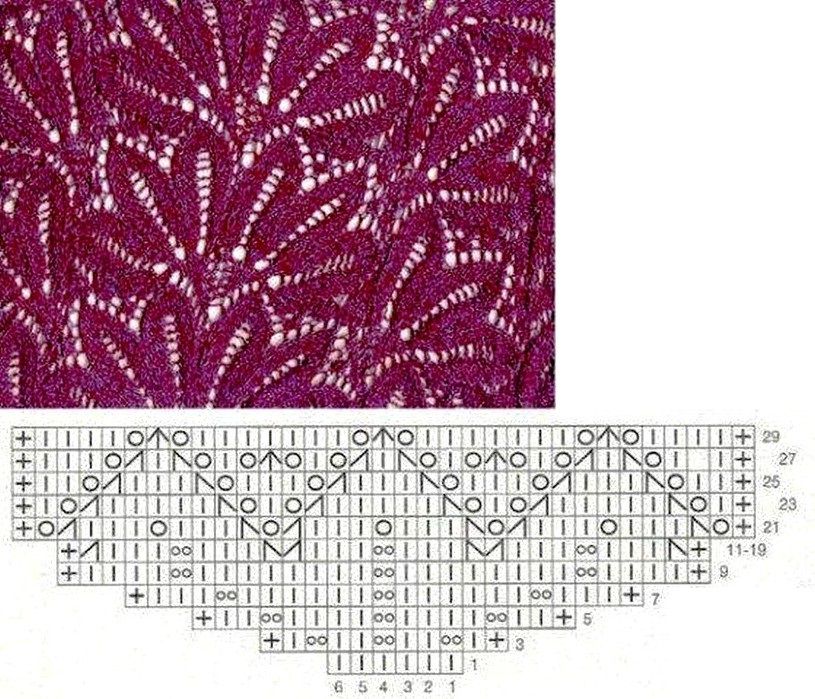
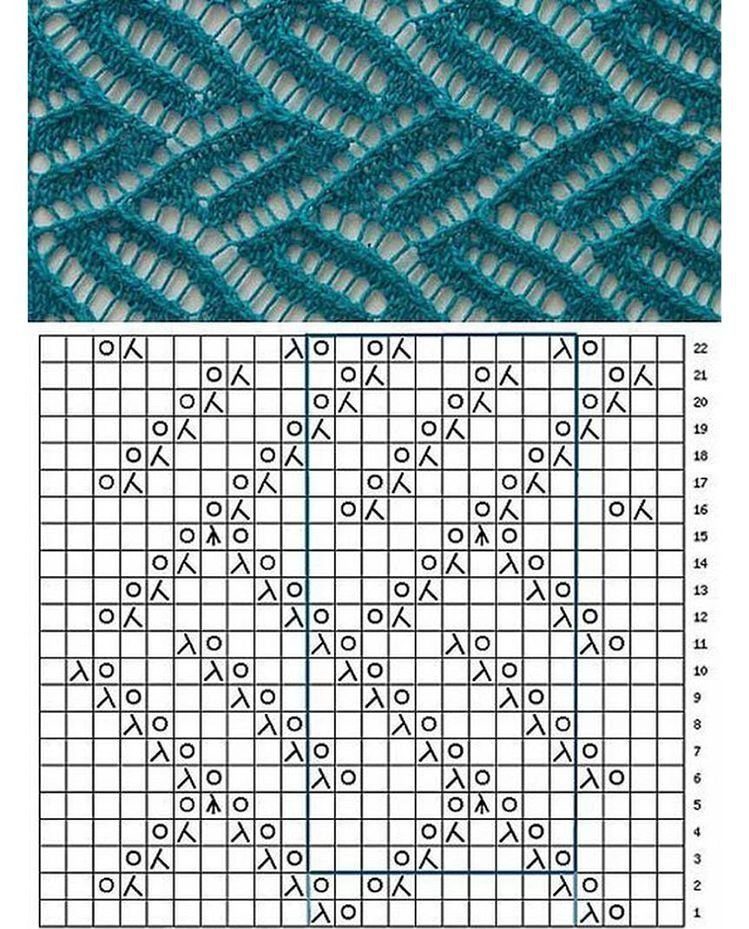
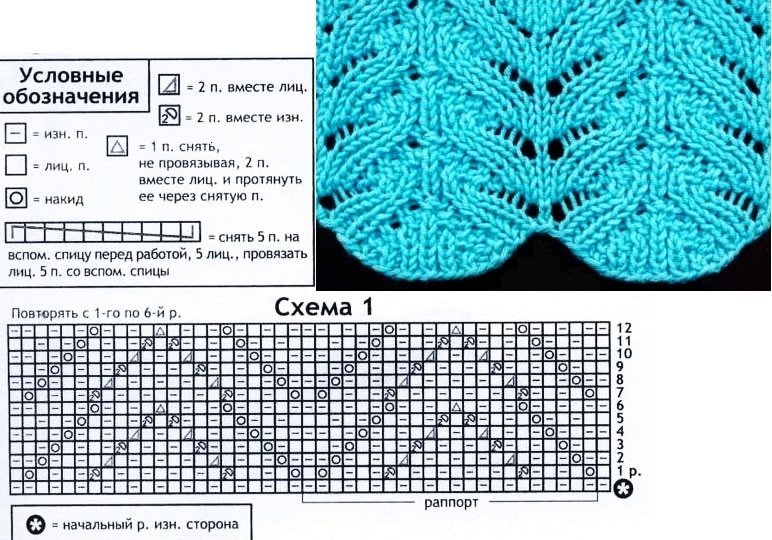
Simple patterns for knitting sweaters from thick and thin yarn
Beginners may not immediately turn to complex schemes. But don’t be discouraged here either. There is a special category for simple knitting patterns for them. These are regular satin stitches, ribbed patterns. Also different rhombuses and play between knit and purl stitches.
Simple patterns can also be divided into thick fiber patterns. The following schemes are suitable for them.
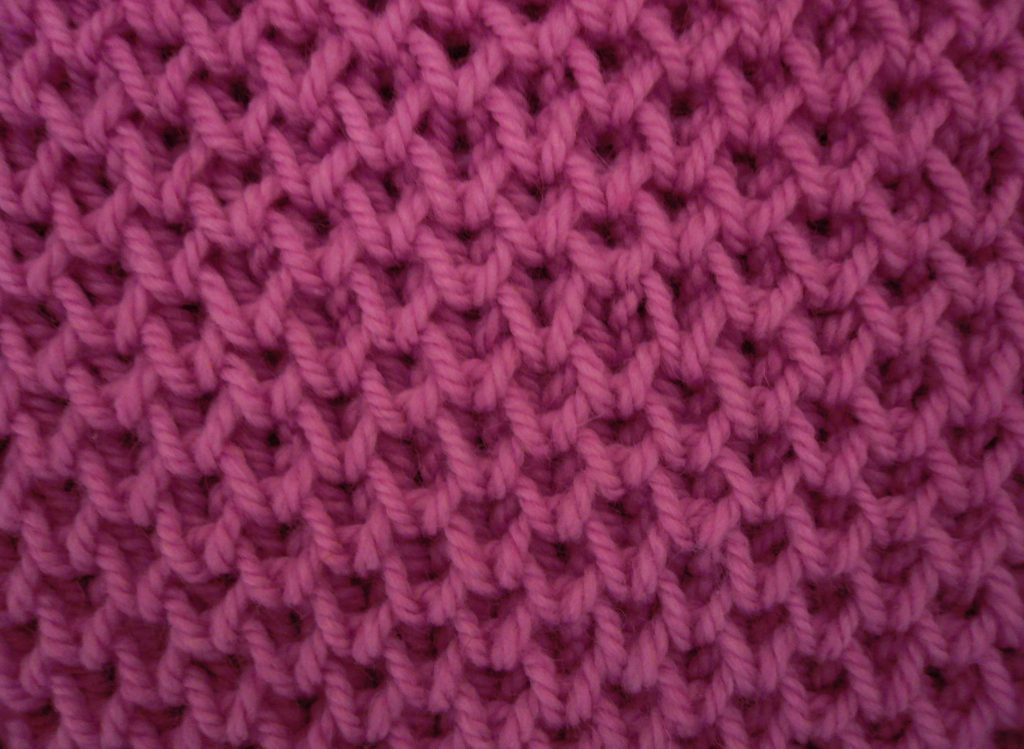
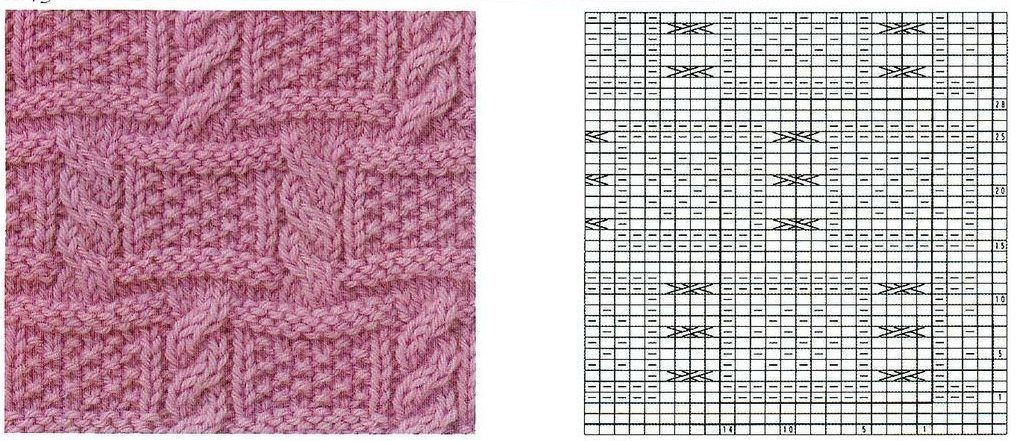
For a beginner, a thin thread can perform work according to the following patterns.
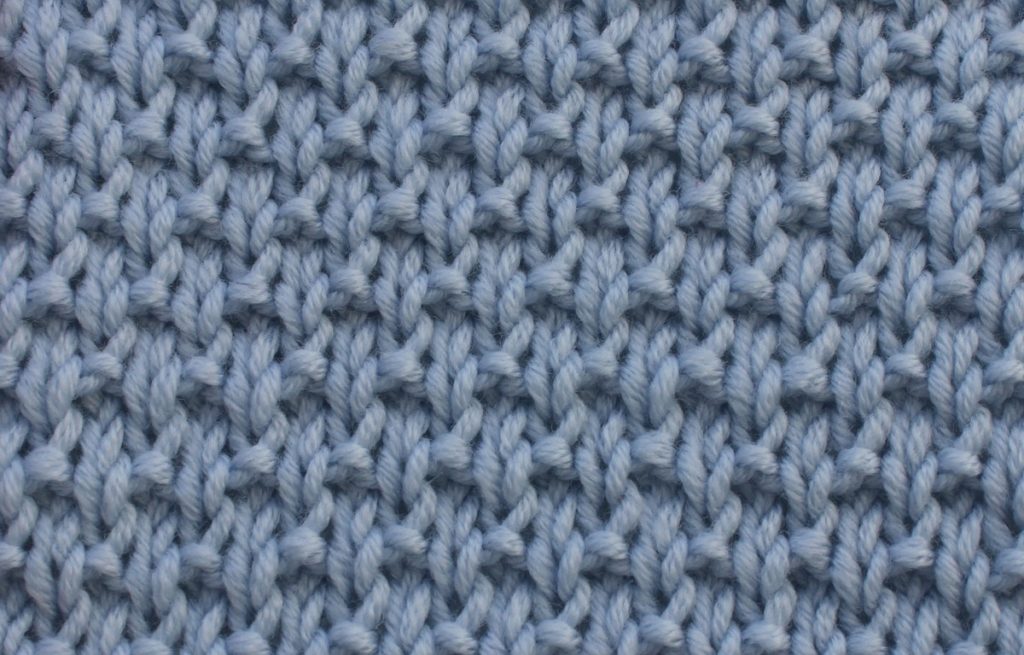
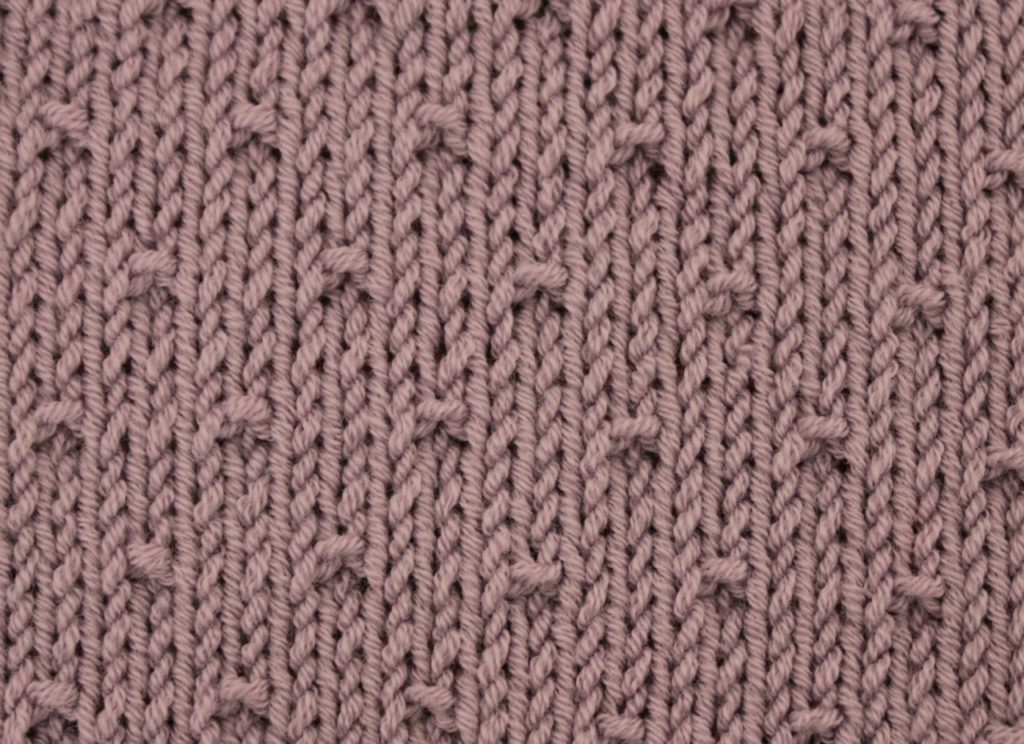
We knit a sweater from thick yarn with our own hands
A beautiful and original sweater model made of thick yarn with diamonds and capes. It will require more concentration on the pattern and therefore this sweater should not be made by beginners. The fabric is complemented by an original 1 by 1 elastic band with a sharp decrease in loops, which does not deteriorate the product, but makes it more interesting.
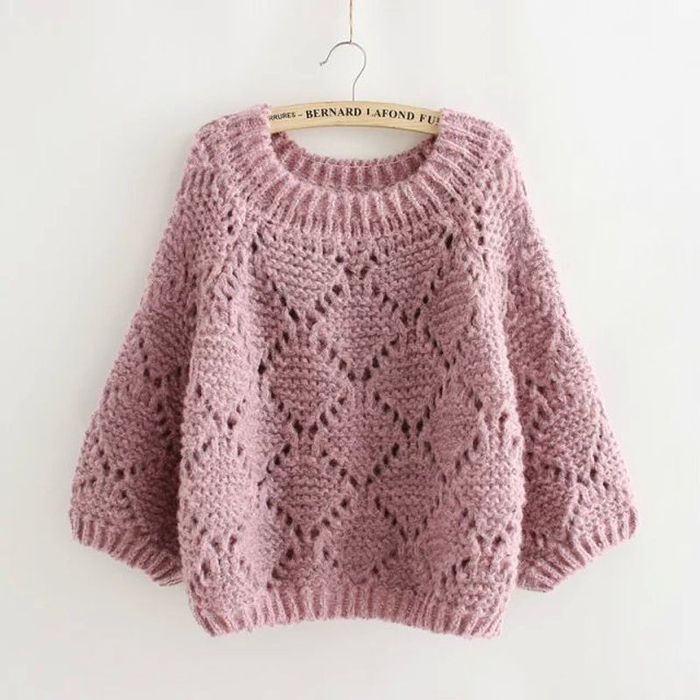
To work you will need:
- yarn with thick thread;
- knitting needles according to the thickness of the thread.
Stage: measurements. Take measurements at the first stage. You need to measure your waist circumference. And measure the length from the shoulder line.
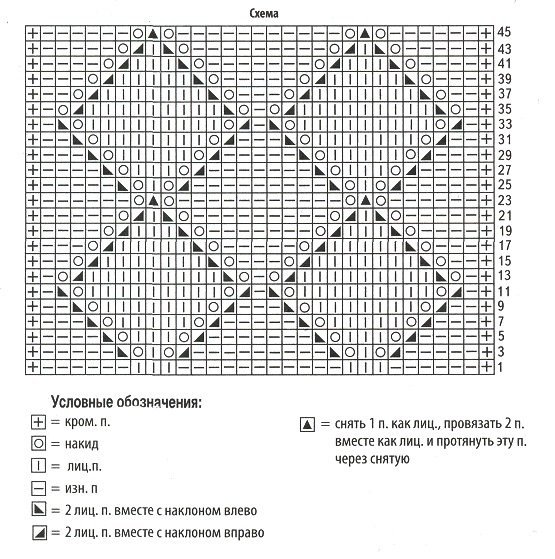
Stage: sample. According to the main pattern, knit several repeats in width and at a small height. From this piece it will be necessary to determine the density of the knitting. To do this, measure the number of loops in a row per 10 cm. Also determine how many rows will be needed per 10 cm. These numbers make up the knitting density and from them you will then need to calculate the number of loops for the first circular row.
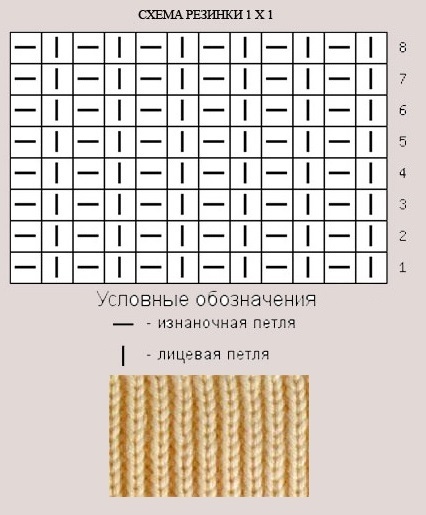
Stage: back and front. Using circular knitting needles, cast on the required number of stitches and knit 4 rows using a 1*1 elastic band. Next, make additions along the elastic band and you don’t have to hide the loops, they will only decorate the elastic band.You will get a slight shift along the canvas. Next, knit 4 rows of new elastic and make the transition to the main pattern and knit in circular rows to the middle of the fabric. It is important to maintain the number of loops and obtain the required number of repeats.
Stage: sleeves. Cast on the number of stitches for the desired circumference of the sleeve elastic (this is the circumference of the wrist multiplied by 2). Next, make another increase of 10 loops for the elastic and knit 4 more rows of elastic. Make the transition again, but to the main pattern of the canvas. Knit half the length of the sleeve.
Stage: raglan. Next, combine the sleeves and fronts and knit in circular rows and at the same time make raglan decreases. These are decreases at the junctions in the 4 parts of the large circle. Next, tie a 1*1 elastic band at the neckline. First, 4 rows without decreases, and then 4 rows with small decreases in stitches. Close the edge using a special method to obtain an elastic edge.
How to knit a women's sweater from fine yarn: step-by-step description
The sweater is made of fine yarn and made with an original mesh.
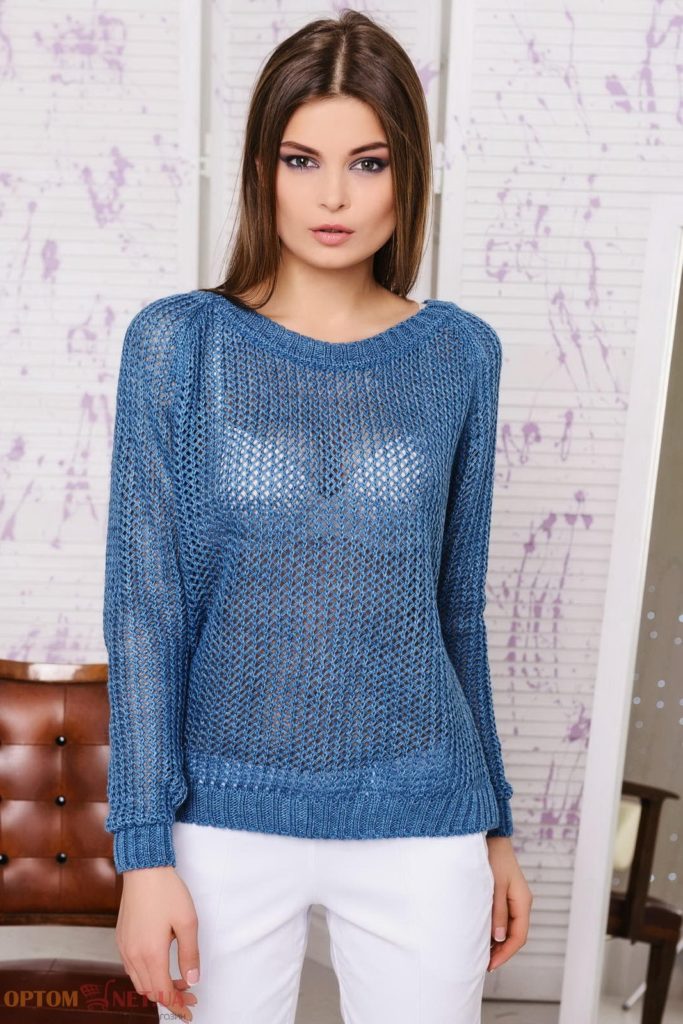
On a note! Try to ensure that the mesh is not too tight.
For work use:
- beaded yarn;
- knitting needles according to the thickness of the thread.
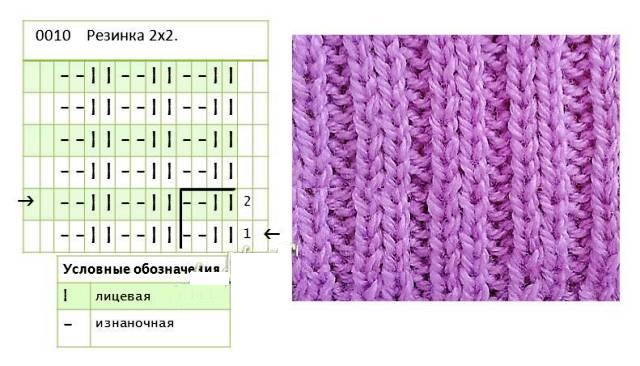
Stage: measurements. Measure hip circumference, collar circumference and sleeve length. Complete the sample and calculate the number of loops.
Stage: back and front. Cast on loops in a circle and work with an elastic band 2 by 2. Knit 4 cm and switch to a mesh pattern. Knit to the armhole line.
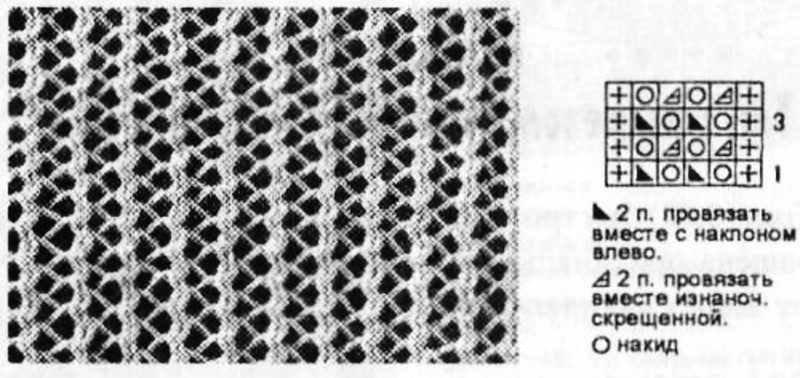
Stage: sleeves. Knit in a circle with an elastic band from the 4 cm pattern. Next, make a transition to the mesh and knit until the beginning of the armhole.
Stage: raglan. Make a union of fabrics and knit in a large circular row. Decrease by 2 stitches in each row along the connecting lines of the fabrics. Next, make 4 cm of elastic for the neckline.Close the canvas using the elastic method. The new sweater is ready.


 0
0